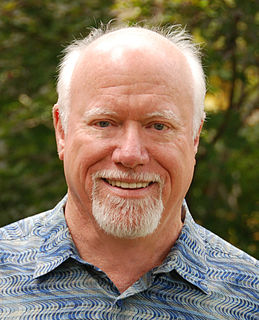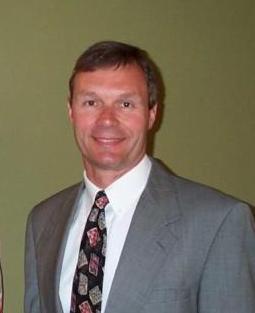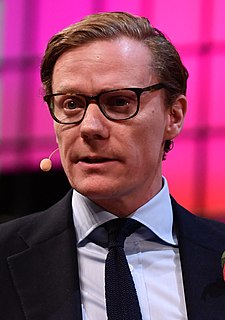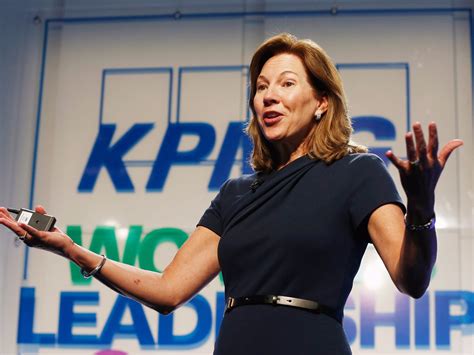A Quote by Elizabeth Thornton
To be an effective leader and make sound decisions, you must be able to gather data by seeking out diverse perspectives and be willing to consider points of view other than your own.
Related Quotes
In my view, our approach to global warming exemplifies everything that is wrong with our approach to the environment. We are basing our decisions on speculation, not evidence. Proponents are pressing their views with more PR than scientific data. Indeed, we have allowed the whole issue to be politicized-red vs blue, Republican vs Democrat. This is in my view absurd. Data aren't political. Data are data. Politics leads you in the direction of a belief. Data, if you follow them, lead you to truth.
Everyone has options. They are a fixed set of predetermined scenarios, points of view, perceived limitations that already reside in your data bank. If you depend on your options to formulate your future, that future will be no more than a rearrangement of your past. Then he says, “Possibilities are completely different. When you ask ‘what is possible?’ you must stretch your imagination out of the confines of the familiar. To live a life beyond the mediocre, ask not ‘what are my options?’ but ‘What is possible?’




































